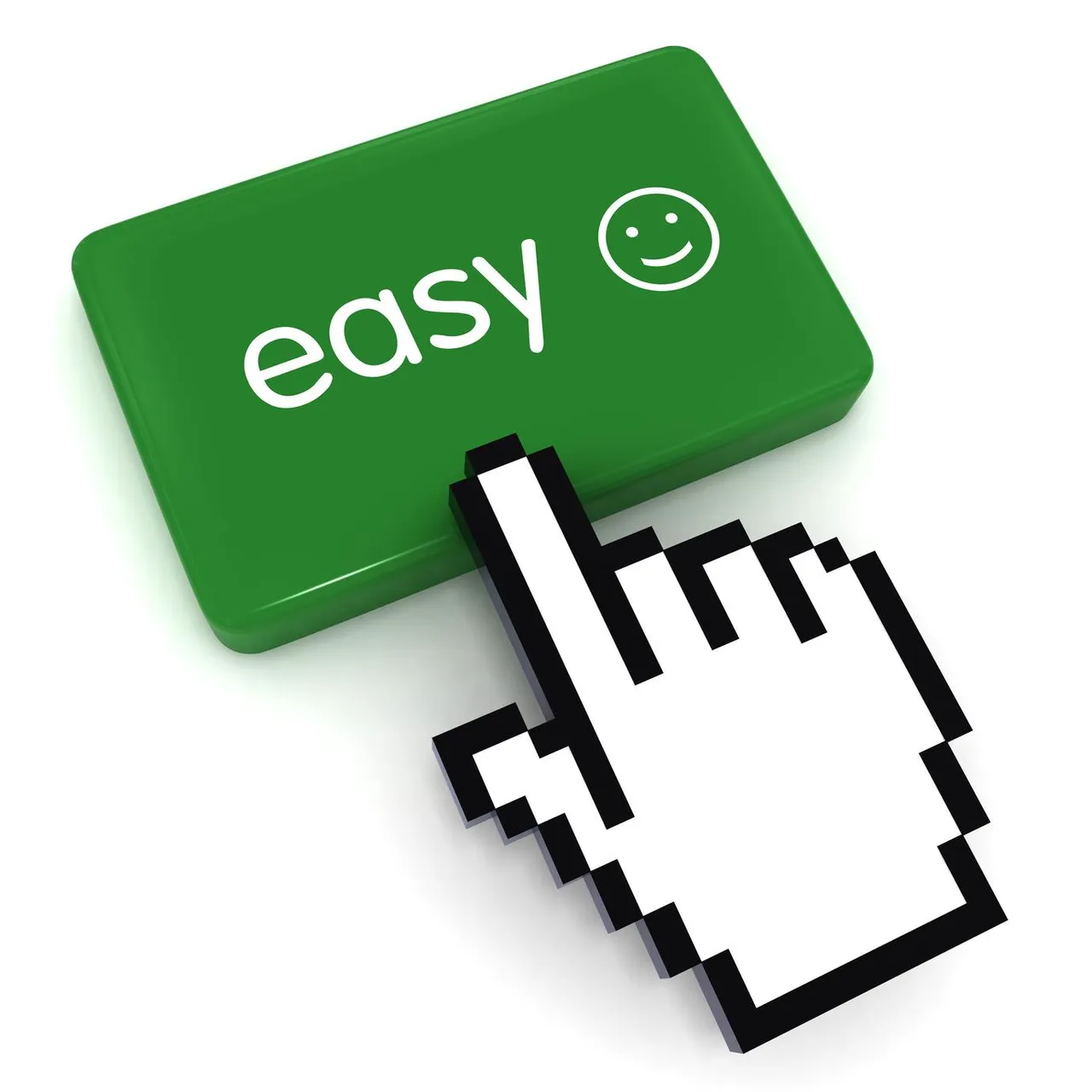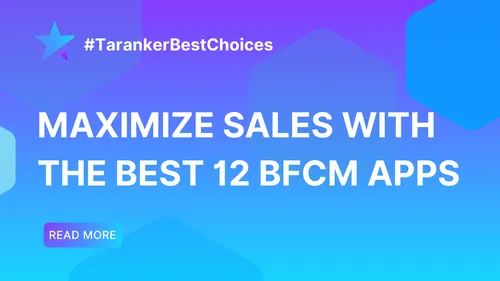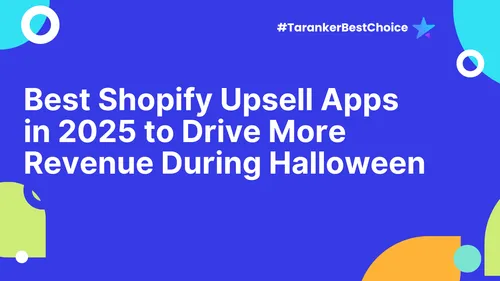Shopify has become one of the most popular eCommerce platforms, powering millions of online stores worldwide. To succeed in this growing marketplace, Shopify app developers must create apps that enhance functionality, improve user experience, and drive sales for merchants.
If you're a Shopify app developer, this guide will highlight the top features that your app should include to attract Shopify store owners and stand out in the competitive Shopify App Store.
1. Seamless Integration with Shopify

Every successful Shopify app must integrate seamlessly with the Shopify ecosystem. This includes:
✔ Shopify API Compatibility – Ensure your app uses Shopify’s latest API to avoid performance issues.
✔ Embedded App Experience – Your app should work inside the Shopify admin dashboard for a smooth user experience.
✔ Mobile Responsiveness – Shopify merchants manage their stores on the go, so your app must work flawlessly on mobile devices.
💡 Pro Tip: Use Shopify Polaris to design an intuitive and consistent UI that matches Shopify's look and feel.
2. Fast Performance & Minimal Load Time

Shopify merchants prioritize speed and efficiency. A slow app can frustrate users and lead to higher uninstall rates.
✔ Lightweight Code – Optimize your app’s code to prevent slowdowns.
✔ Minimal Impact on Store Speed – Avoid excessive scripts or large files that could slow down store performance.
✔ Cloud-Based Processing – Where possible, process heavy tasks externally instead of running them directly in Shopify stores.
💡 Pro Tip: Run your app through Google PageSpeed Insights to check its impact on store speed.
3. AI-Powered Automation & Personalization

Artificial Intelligence (AI) is transforming eCommerce automation and customer engagement. Shopify app developers should include:
✔ AI-Driven Product Recommendations – Help store owners increase sales with personalized product suggestions.
✔ Automated Abandoned Cart Recovery – AI-powered email & SMS follow-ups to recover lost sales.
✔ Chatbots & AI Assistants – Enable merchants to provide instant customer support with chatbots.
💡 Pro Tip: Integrate AI-based analytics to help merchants make data-driven decisions.
4. Multi-Language & Multi-Currency Support

With global eCommerce growth, Shopify stores sell internationally. Your app should support:
✔ Multi-language compatibility – Allow merchants to translate content easily.
✔ Multi-currency support – Help merchants display local currencies based on customer location.
✔ Automatic Geo-Detection – Detect users’ locations and adjust language and currency settings accordingly.
💡 Pro Tip: Use Shopify’s Store Languages API to ensure your app works seamlessly with Shopify Markets.
5. Robust Analytics & Reporting

Merchants need data insights to optimize their businesses. Your Shopify app should include:
✔ Real-Time Analytics Dashboard – Provide merchants with actionable insights.
✔ Customizable Reports – Allow store owners to generate reports tailored to their needs.
✔ Performance Tracking – Help merchants track conversions, traffic sources, and customer behavior.
💡 Pro Tip: Integrate with Google Analytics and Shopify Analytics for deeper data insights.
6. Strong Security & Data Protection

Shopify merchants handle sensitive customer data. Your app must comply with security best practices:
✔ GDPR & CCPA Compliance – Ensure merchants can meet privacy regulations.
✔ Secure API Calls – Encrypt data transmissions using SSL encryption.
✔ Role-Based Access Control – Allow store owners to manage permissions for different team members.
💡 Pro Tip: Shopify’s App Review Process checks security compliance—ensure your app meets their guidelines.
7. Easy Installation & Setup

Shopify merchants prefer apps that are easy to install and configure without technical expertise. Your app should offer:
✔ One-Click Installation – Avoid complicated setup processes.
✔ Step-by-Step Onboarding – Provide an interactive walkthrough or video tutorial.
✔ Pre-Built Templates – Offer ready-made settings to speed up implementation.
💡 Pro Tip: Apps with frictionless onboarding have higher adoption and retention rates.
8. Customization & Flexibility
Every Shopify store is unique. Your app should provide:
✔ Customizable Themes & Layouts – Allow merchants to adjust settings to match their branding.
✔ API & Webhooks – Enable advanced users to integrate your app with other tools.
✔ Adjustable Pricing Plans – Offer scalable pricing tiers to fit different business sizes.
💡 Pro Tip: Offer a free trial period so merchants can test your app before upgrading.
9. 24/7 Customer Support & Documentation

Merchants expect fast and reliable support. Your app should include:
✔ Live Chat & Email Support – Quick response times improve user satisfaction.
✔ Help Center & Knowledge Base – Provide detailed guides, FAQs, and video tutorials.
✔ Community Forum or Slack Group – Allow users to exchange ideas and best practices.
💡 Pro Tip: Use AI-powered chatbots to handle common questions instantly.
10. Integration with Other Shopify Apps
Many merchants use multiple apps. Your app should integrate with other essential tools, such as:
✔ Email Marketing Apps – Klaviyo, Omnisend, Mailchimp
✔ CRM & Loyalty Programs – Smile.io, Yotpo, Gorgias
✔ Dropshipping & Fulfillment – Spocket, Printful, Oberlo
💡 Pro Tip: If your app integrates well with others, it’s more likely to be recommended and widely adopted.
Final Thoughts
To create a successful Shopify app, developers must focus on seamless integration, performance, AI-powered automation, multi-language support, analytics, and strong security.
By incorporating these top features, your app will attract more Shopify merchants, improve user experience, and gain higher ratings in the Shopify App Store.
🚀 Are you a Shopify developer? Start implementing these features today to build high-performing apps!
Frequently Asked Questions (FAQs)
1. What makes a Shopify app successful?
A successful Shopify app should be easy to use, lightweight, customizable, and integrate seamlessly with Shopify.
2. How do I improve my Shopify app’s user adoption?
Offer one-click installation, a free trial, and excellent customer support to encourage adoption.
3. What security measures should my Shopify app follow?
Your app should comply with GDPR, CCPA, and Shopify’s security standards, using SSL encryption for data protection.
4. How can I make my Shopify app stand out in the Shopify App Store?
Focus on performance, integrations, and AI-powered automation, and encourage users to leave positive reviews.
5. Do Shopify merchants prefer free or paid apps?
Many merchants start with free apps but upgrade to premium plans if the app provides high value. Offering a freemium model is a great strategy.












